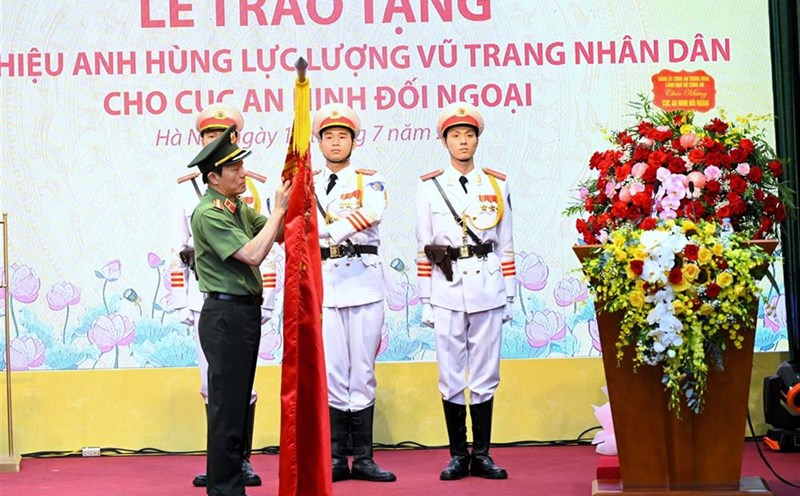On July 12, information from the 15th Army Corps said that the production value in the first 6 months of the year reached 1,018 billion VND, an increase of 21.83% over the same period, with average income per capita reaching more than 8 million VND/month.
The units of the 15th Army Corps have recently responded to the movement "Skilled training, excellent worker competitions" that has been maintained regularly, thanks to which the professional qualifications of the team of workers exploiting and processing pus have been increasingly improved.
Agencies and units actively cooperate in converting and planting trees suitable for soil and climate conditions; transferring science and technology, developing sustainable forest management plans, granting forest certificates and product value chains for rubber gardens.
In addition, implementing the movement "The Army joins hands to eliminate temporary and dilapidated houses", the Corps has supported the construction and repair of 357 houses with a total cost of nearly 17 billion VND.
The army presented 23,000 gifts worth more than 9.5 billion VND to officers, soldiers, workers and people in difficult circumstances during holidays and Tet.
In addition, since the beginning of the year, the Corps has organized 218 propaganda sessions, mobilizing people to comply with the Party's guidelines and policies, the State's policies and laws; issues related to policies for ethnic minorities associated with honoring and rewarding village elders, village chiefs, party cell secretaries, prestigious people...
On this occasion, the Prime Minister presented Emulation Flags to 2 groups, the Ministry of National Defense awarded certificates of merit to 13 groups and 15 individuals for their many outstanding achievements in work.
The 15th Army Corps manages and exploits more than 40,000 hectares of rubber, 200 hectares of coffee, 70 hectares of rice, 6 rubber latex processing plants, 1 microbiofood factory, 1 rubber wood processing factory... creating jobs and stable income for nearly 17,000 workers. Of which, more than 8,000 are ethnic minority workers.











